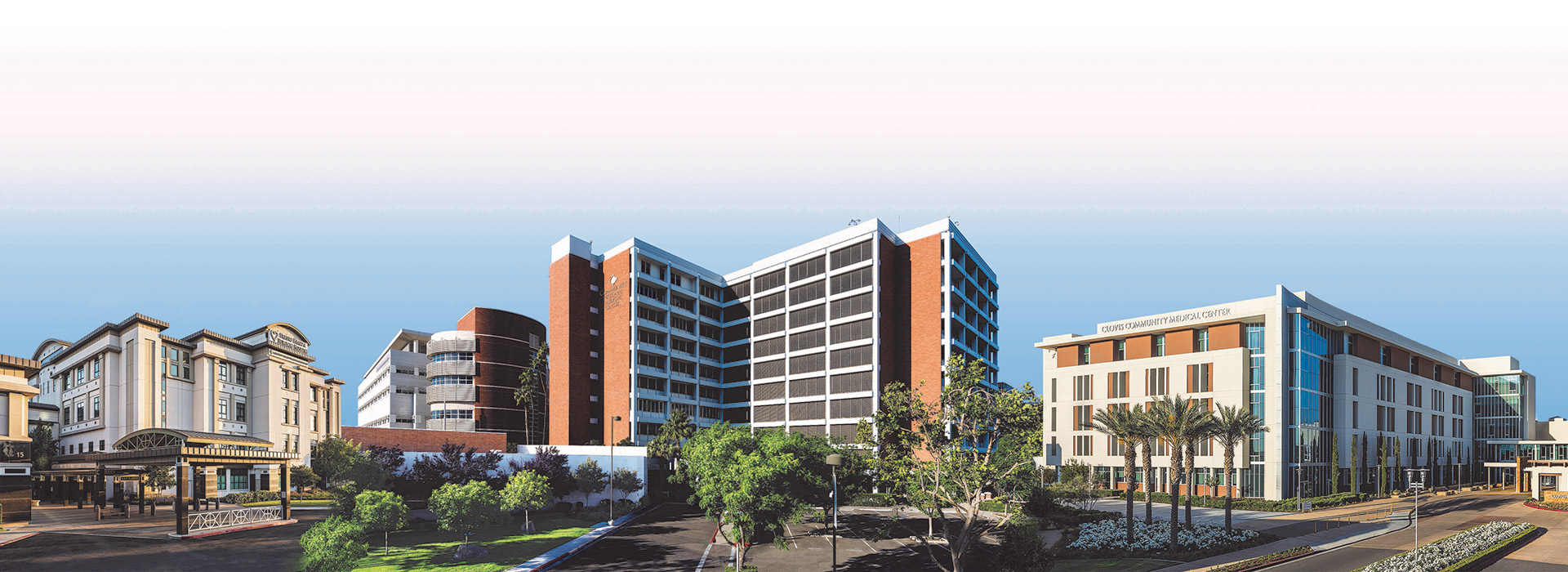Zoyer Zyndel said transitioning from female to male was difficult enough without having to explain over and over to his insurance provider or convince a doctor why a hysterectomy was needed for a healthy 24-year-old. “It makes you feel invalidated emotionally and intellectually,” he said. That worry of being misunderstood or feeling discriminated against keeps many in the LGBTQ community from regularly accessing healthcare, Zyndel said.
Nearly three out of 10 LGBTQ patients said a medical provider had refused to see them in the previous year because of their sexual orientation or gender identity, according to a 2017 report by the Center for American Progress Policy Institute. And 21% of transgender respondents said a provider had used harsh or abusive language when they sought medical care.
“People in the trans community often have issues accessing care,” usually because of poverty or lack of insurance, explained Zyndel, 32, who is a longtime advocate with Trans-E-Motion, a nonprofit providing support and education for transgender individuals and their family and friends in the Fresno area. “Add on lack of culturally sensitive resources and it’s really difficult. The compounding barriers make it feel hopeless sometimes. A lot of it, for me, has been lack of education – doctors being completely unaware of what this means for me in terms of care.”
Community trains clinicians on gender and sexual orientation issues
Community Medical Centers and UCSF Fresno set out to change that in 2019 with mandatory training for all employees and medical residents on LGBTQ issues, terminology, legal rights, and how to have respectful conversations with LGBTQ patients. And until the coronavirus pandemic, informal lunch time roundtables were held with employees who had personal experiences sharing and helping facilitate discussions on LGBTQ cultural sensitivity with clinical staff. Before finalizing training, Community also conducted focus groups with LGBTQ patients to find how to make care more comfortable and welcoming.
The Valley’s largest healthcare provider has also changed its electronic medical record system to include nonbinary as a gender choice, as well as to record information on transgender status, preferred names and preferred pronouns. Having these as part of the patient’s electronic record helps ensure caregivers use preferred names and pronouns.
“I think it’s important that we have a level of cultural sensitivity to a very unique population,” Dr. Drea Long told MedWatch Today. Dr. Long, who is a UCSF assistant clinical professor of surgery and trauma surgeon at Community Regional Medical Center, led the effort to incorporate LGBTQ training for residents and helped write the training for Community employees.
“There’s not a lot of education in medical schools or in residency about how to ask the appropriate questions. It’s important because if you don’t ask the right questions, patients are not going to feel comfortable disclosing what can be vital information.”
Doctors should be able to comfortably and respectfully ask about gender identity and sexual orientation and not just make assumptions based on appearances, said Dr. Long. Knowing those things helps identify healthcare risks and it also helps improve the doctor-patient relationship, she added.
Dr. Julie Nicole, a Fresno OB-Gyn who does transgender medical care, agreed that collecting that information is important but can feel foreign to many physicians. She helped with Community’s LGBTQ sensitivity training by demonstrating on video how to query a transgender patient and take a sexual organ inventory – something she said is crucial because after gender reaffirming surgery some sexual organs like prostates or ovaries may be retained.
LGBTQ patients struggle with finding knowledgeable healthcare providers
Transgender patients say they’re often in the position of educating their medical providers – especially when it comes to issues of fertility or sex-related cancers such as prostate or breast cancer. A 2016 study published by the American Public Health Association found transgender patients who need to educate their doctors about transgender issues are significantly more likely to postpone or not seek needed care.
Lack of access to knowledgeable physicians means many in the LGBTQ community go without care. “I haven’t been to see a doctor in two years because Dr. Nicole left Clinica Sierra Vista and my insurance doesn’t cover where she’s at now,” explained Jay Sanchez, a 34-year-old transgender man with diabetes.
Sanchez had to travel to San Luis Obispo to find a doctor to begin his transition in December 2015 – what he now refers to as his “manniversary.” Sanchez worries about his health and is frustrated with the lack of knowledge locally about transgender medical issues.
“My dad has history of heart problems and history of stroke. I tried to go in to urgent care for heart palpitations, but they don’t listen,” Sanchez said. “I know testosterone increases the risk of heart disease and stroke. And because I’m not always able to get refills without a regular doctor, I go on it and go off it. And I know that also hurts your health and increases the risk.”
Dr. Nicole, who sees more than 300 transgender patients at her office on the Clovis Community Medical Center campus is trying to improve access for transgender patients by teaching other OB-Gyns, doing lectures in San Luis Obispo and Templeton, and helping mentor UCSF Fresno residents as an attending with the UCSF Mobile HeaL clinic.
Sanchez is grateful for efforts to educate physicians and hospital staff: “The sensitivity of the doctor makes a difference. Understanding how anxious we are about our gender and how we identify and how important it is to have that affirmation that you are a person, and you are who you say you are, is crucial. I want to be open with a doctor, especially about my health.”




.jpg)


